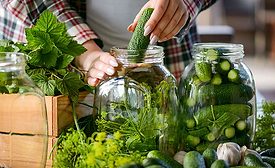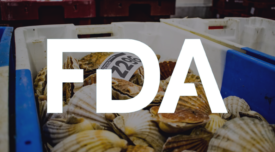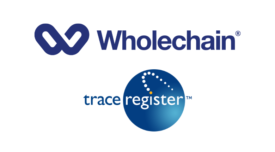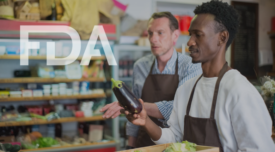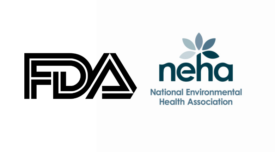Supply Chain
To what extent do established food safety culture cornerstones apply to the local foods segment of the food industry?
Read More
How FDA's Foreign Supplier Verification Programs (FSVP) Help Meet Food Safety Standards
The key to effective FSVP compliance is creating a culture of food safety within an importing firm
February 13, 2024
BIZTRACKS
First Seafood Traceability Providers Achieve Interoperability at Scale
February 8, 2024
BIZTRACKS
Mobile Label-Scanning App Communicates Food Product Recall Information
February 6, 2024
Never miss the latest news and trends driving the food safety industry
eNewsletter | Website | eMagazine
JOIN TODAY!Copyright ©2024. All Rights Reserved BNP Media.
Design, CMS, Hosting & Web Development :: ePublishing
